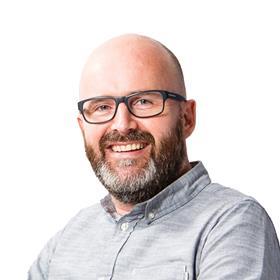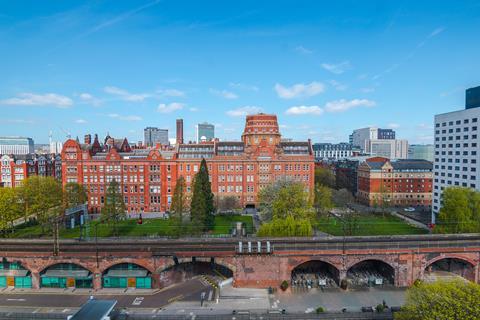The office, university campus and hospital are all building types under intense scrutiny, with these sectors converging to shape new ‘innovation districts’.

Like never before, there is increasing overlap between commercial workplaces and academic institutions looking to move away from being ‘ivory towers’ to institutions that are positively engaged with developing research into marketable products and processes.
Healthcare, science and traditional workspaces have had a tendency to be siloed, developing innovations in their respective fields. However, the territorial barriers between disciplines are being eroded so companies large and small can feed off one another’s innovation and expertise.
The opportunity exists to create diverse ecosystems of businesses of different scales, complemented by an increasingly entrepreneurial mindset in higher education, linked also to cities that provide the quality of life and density of activity necessary to attract investment and talent.

A very topical example of this new collaborative vision is ID:Manchester – a project we worked on with the University of Manchester in the early stages (with Bruntwood SciTech and Stanhope subsequently joining the client team), helping to shape a relationship between a broad mix of facilities. The drive behind the project is to be a new exemplar for how knowledge and innovation can be embedded within new innovation districts, with this new dynamic being the catalyst for urban renewal.
The role of the designer is to create buildings, spaces and places that blur the edges between different sectors, encouraging the interplay between different uses and allowing places to evolve.
This will push architects and clients to think very carefully about not only drawing different industries and expertise together but also how buildings will have to be ultra-flexible to accommodate a completely new range of tenants, from agile offices to specialist spaces for science.
Rupert Goddard is a partner at Sheppard Robson




























No comments yet